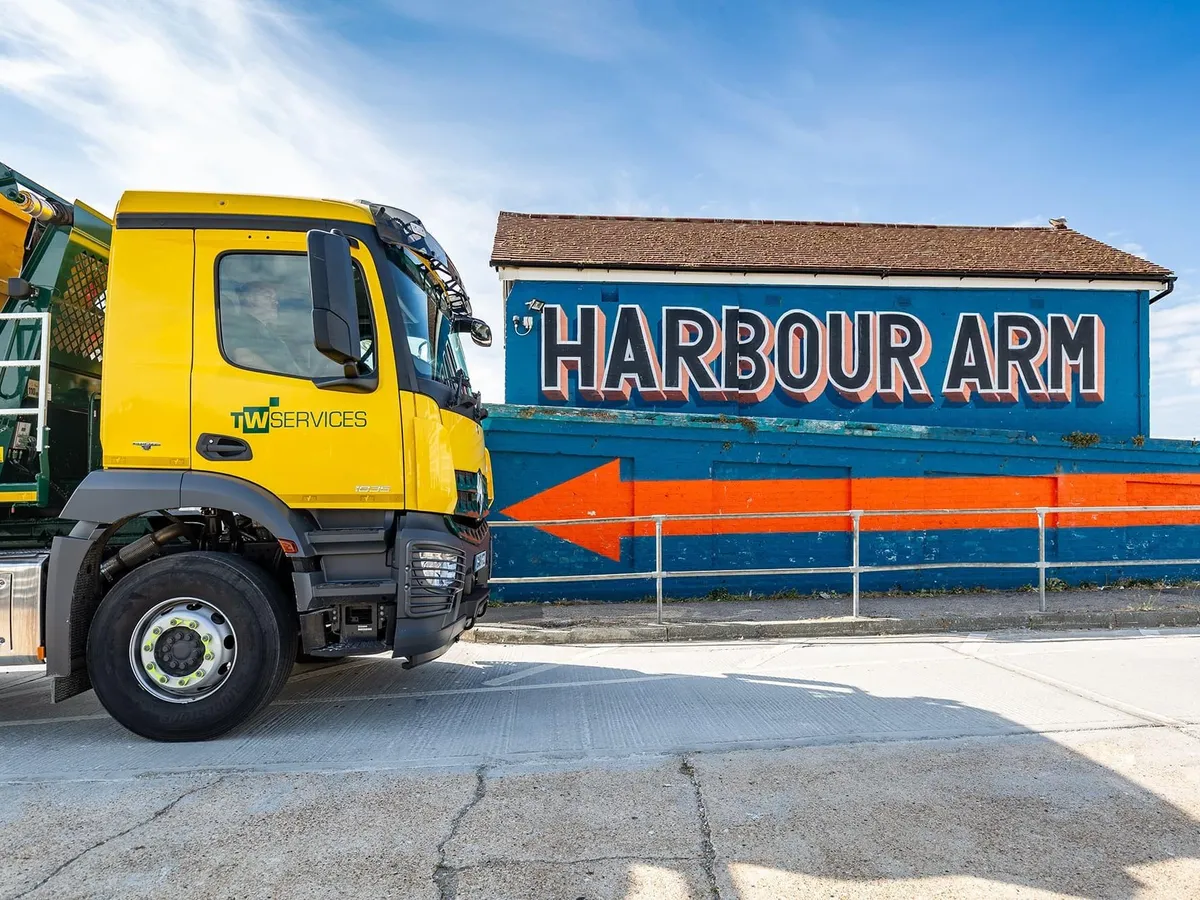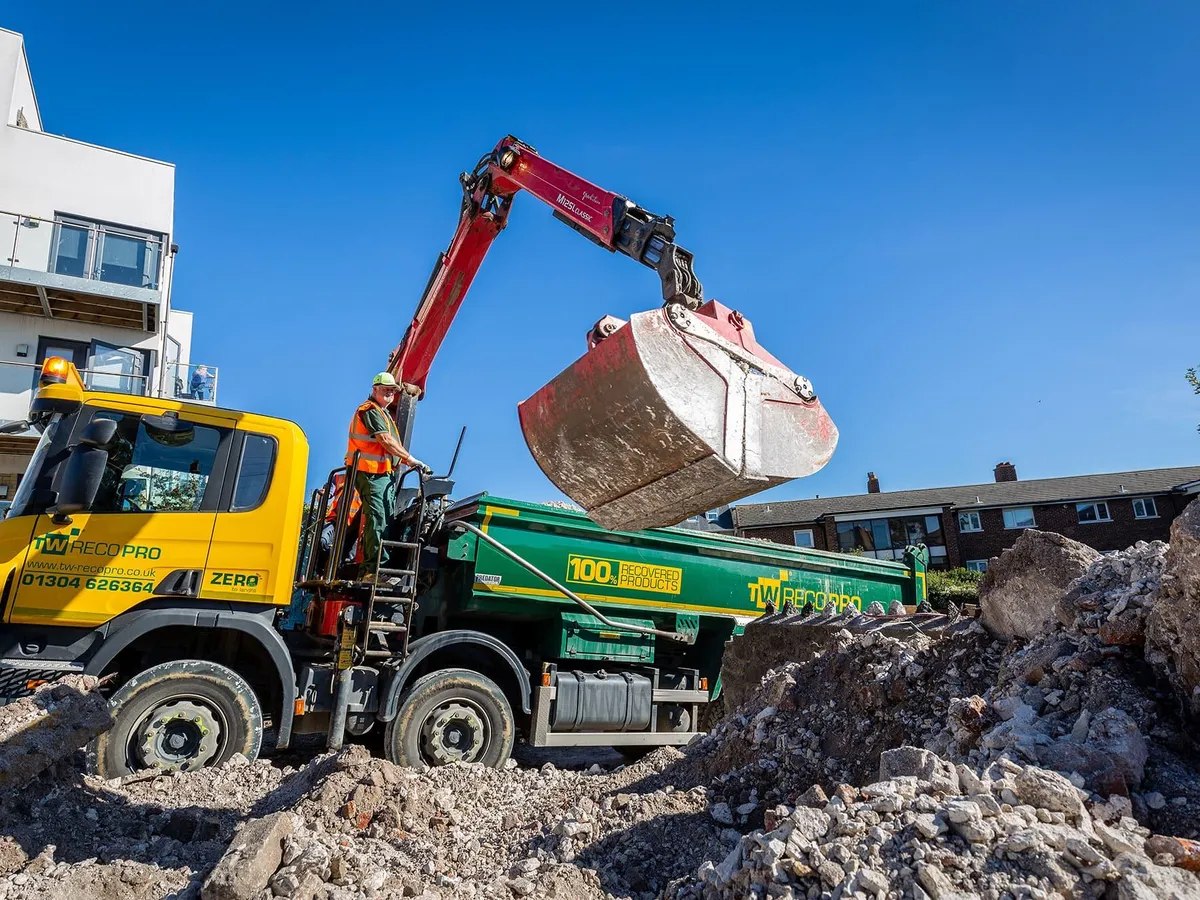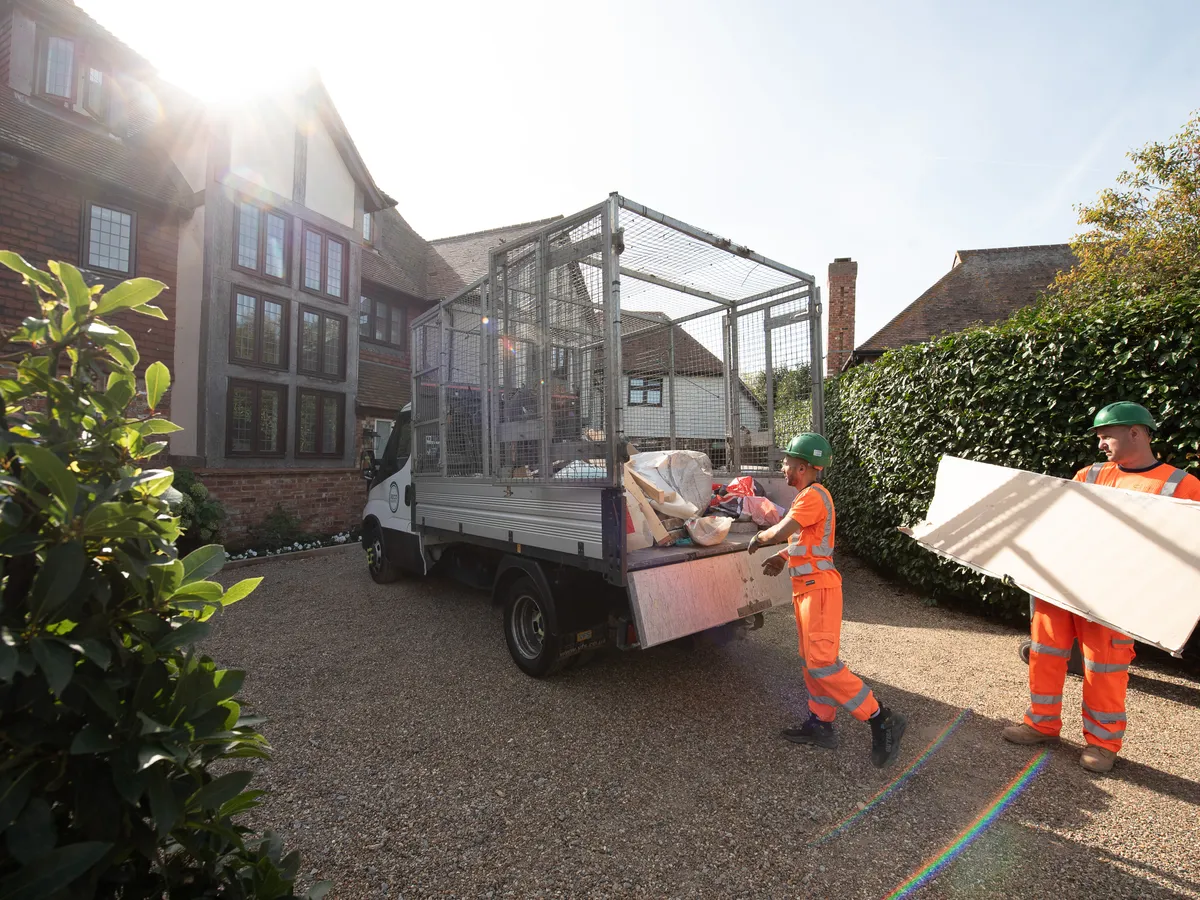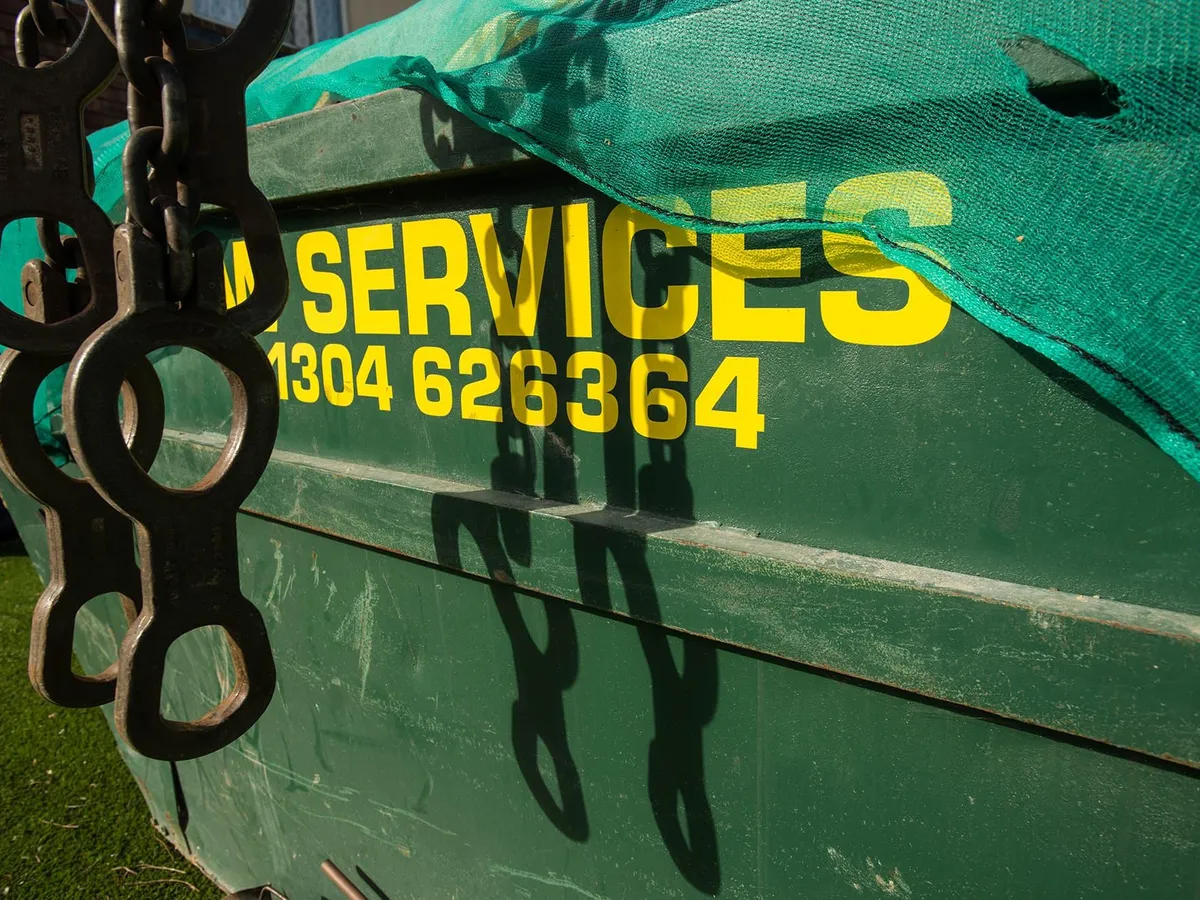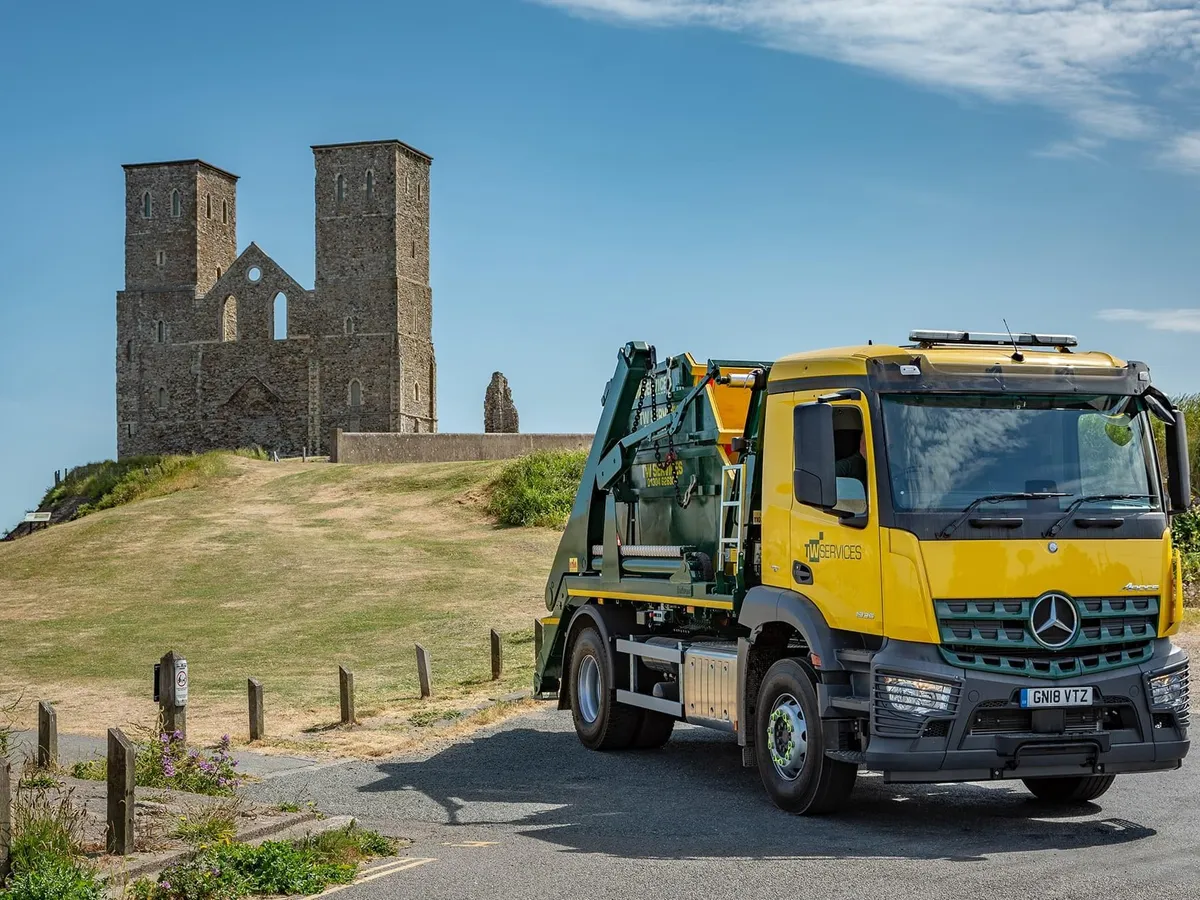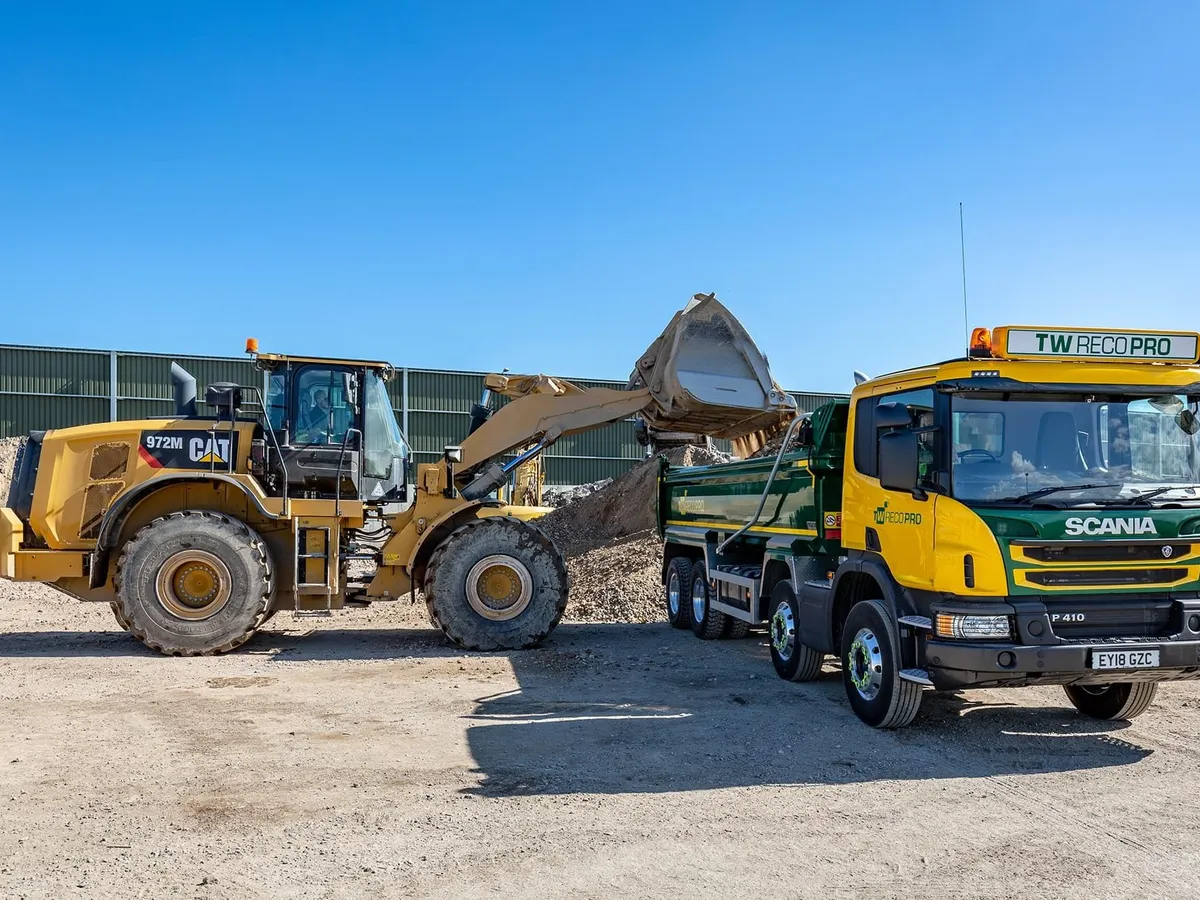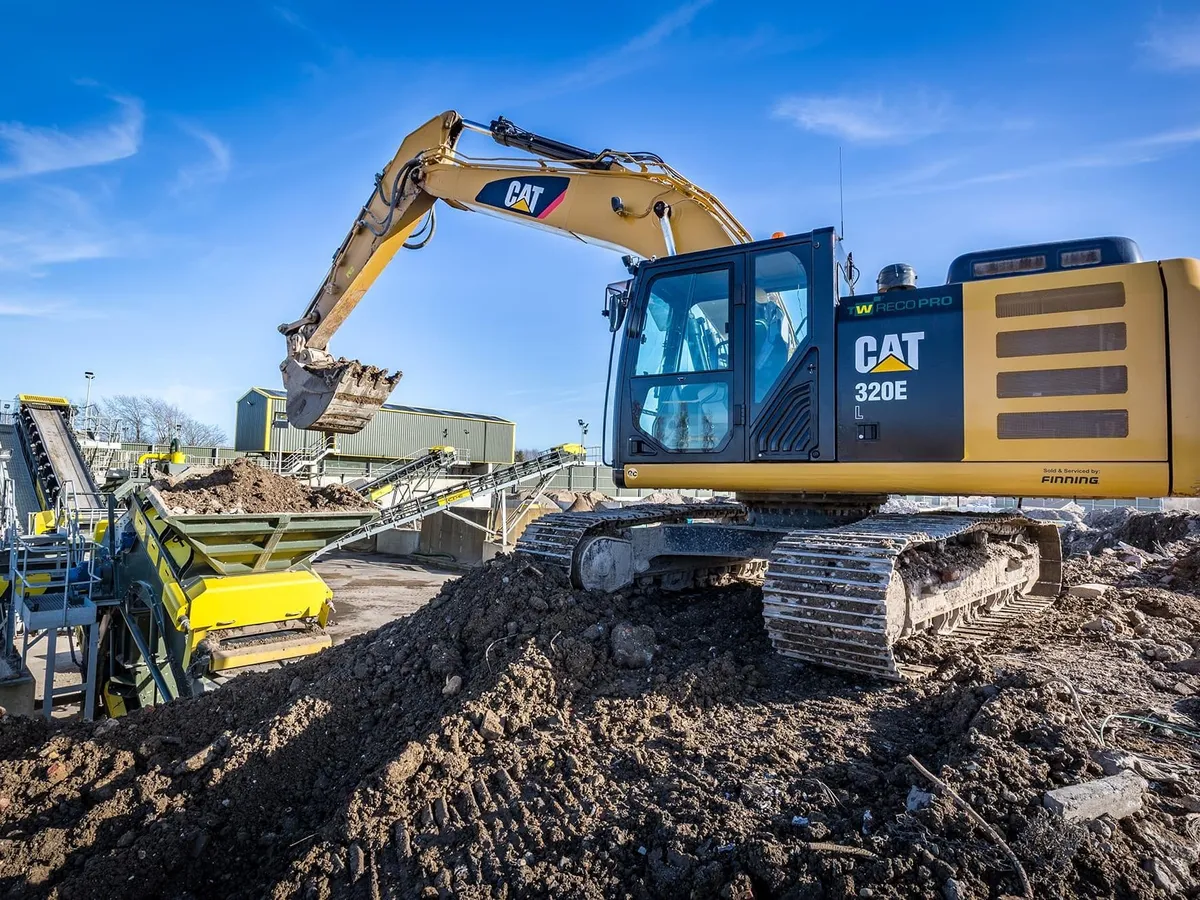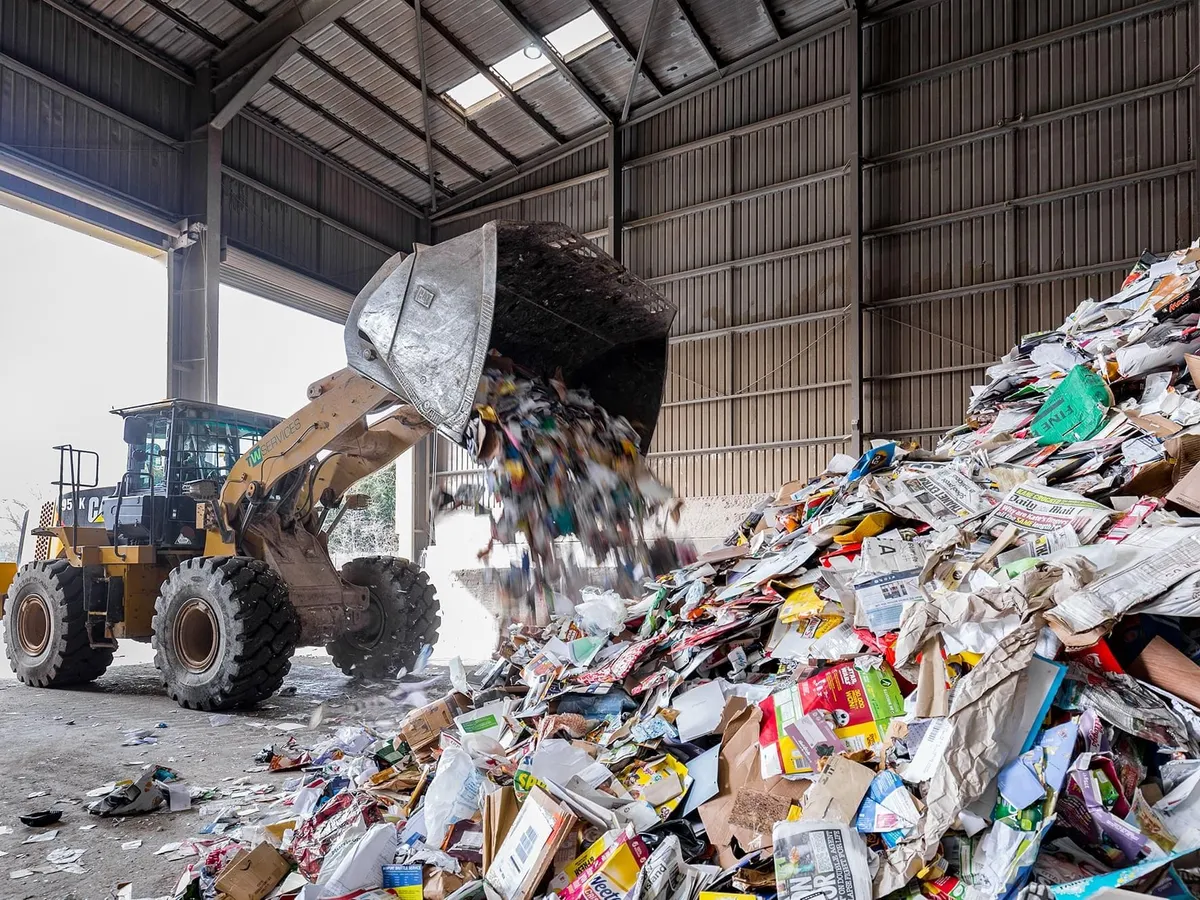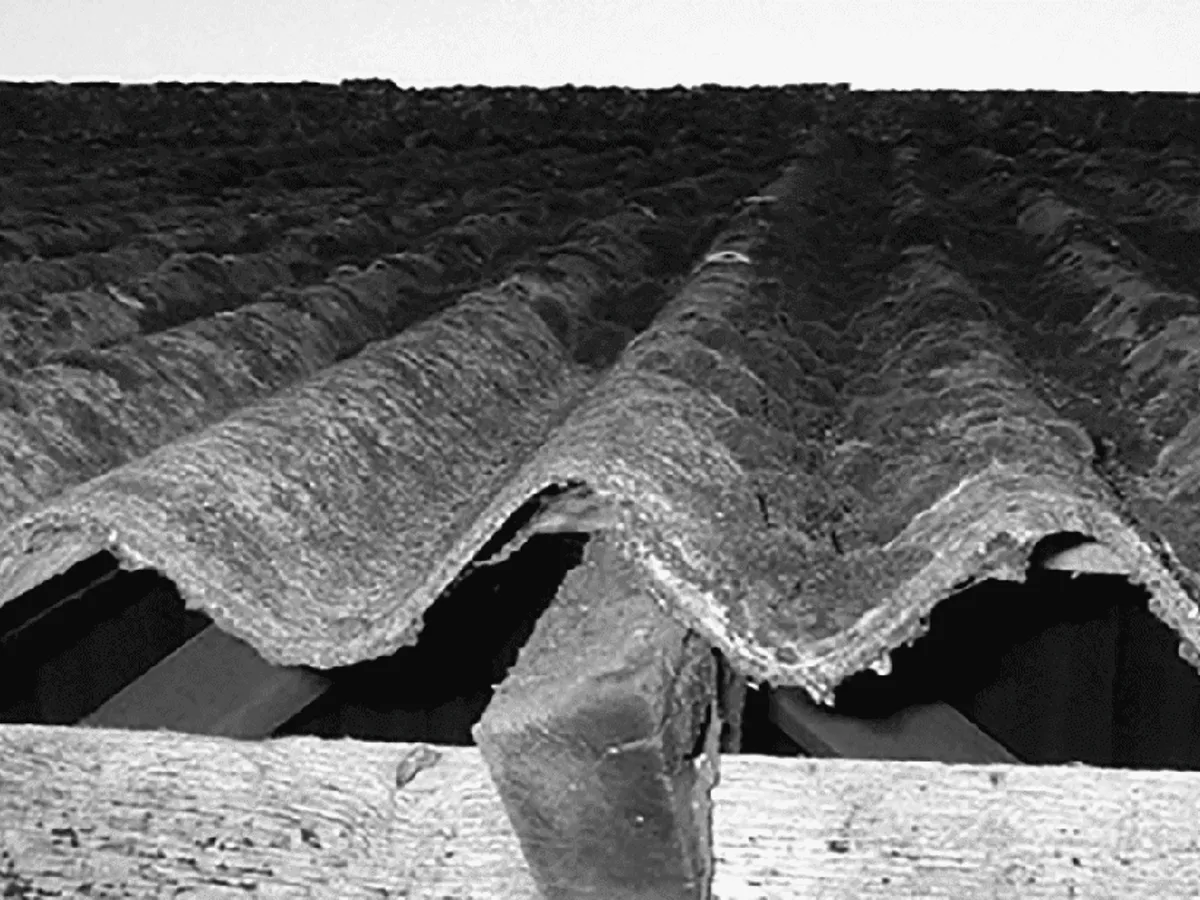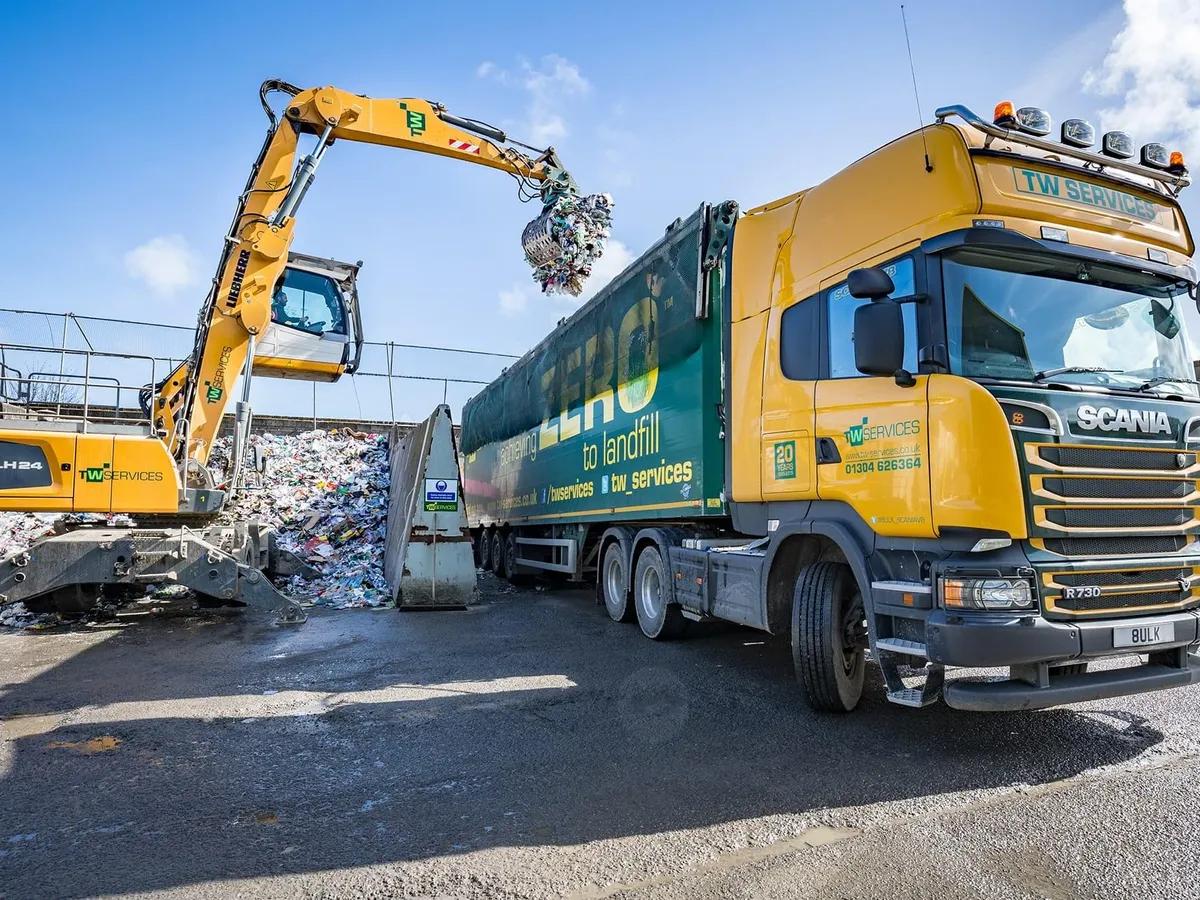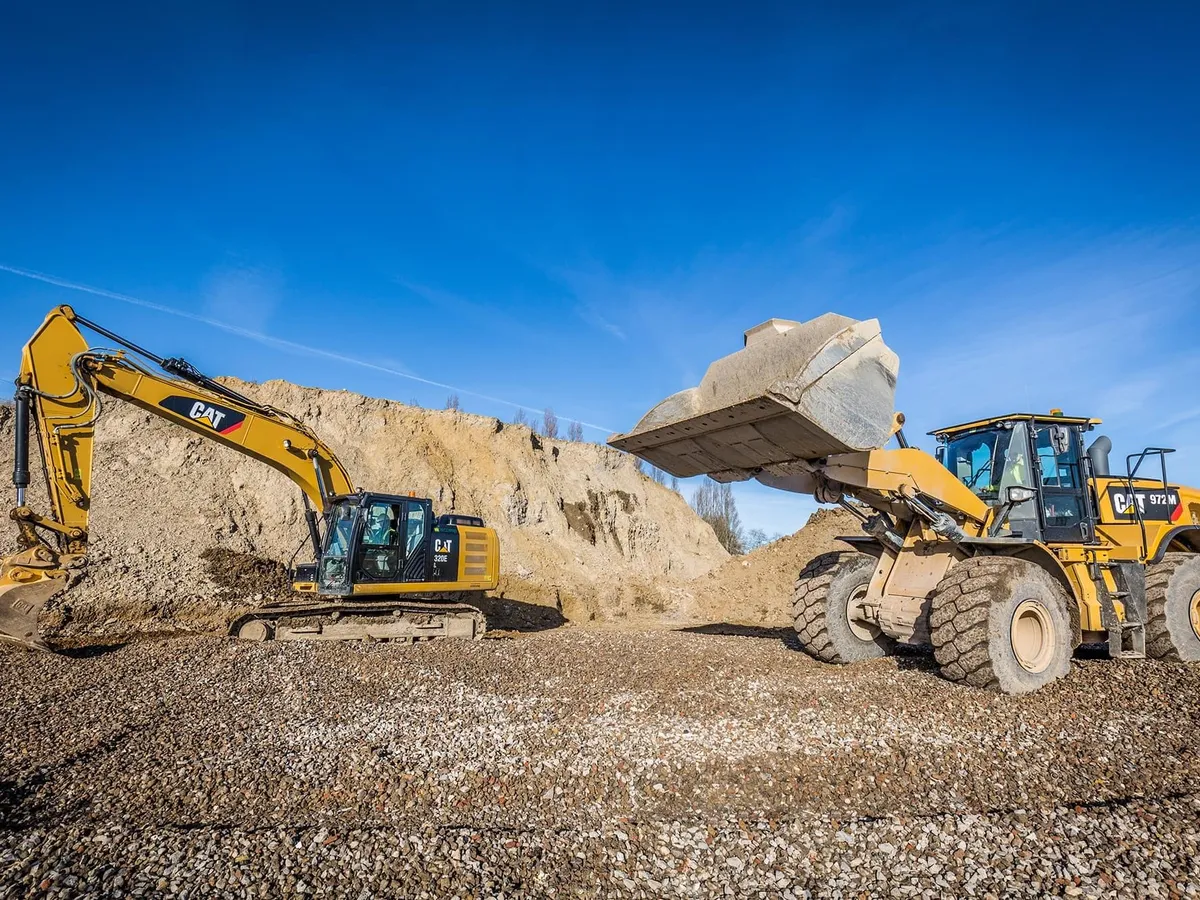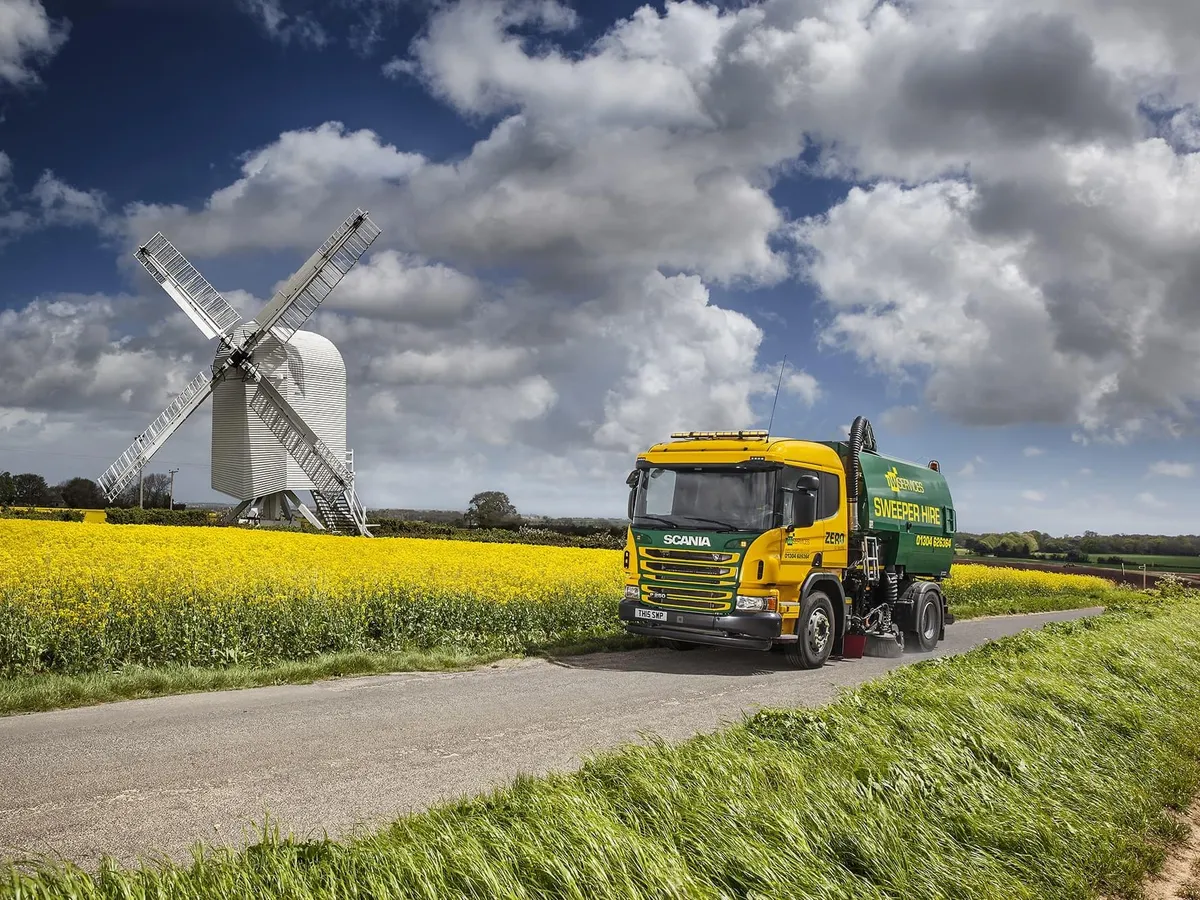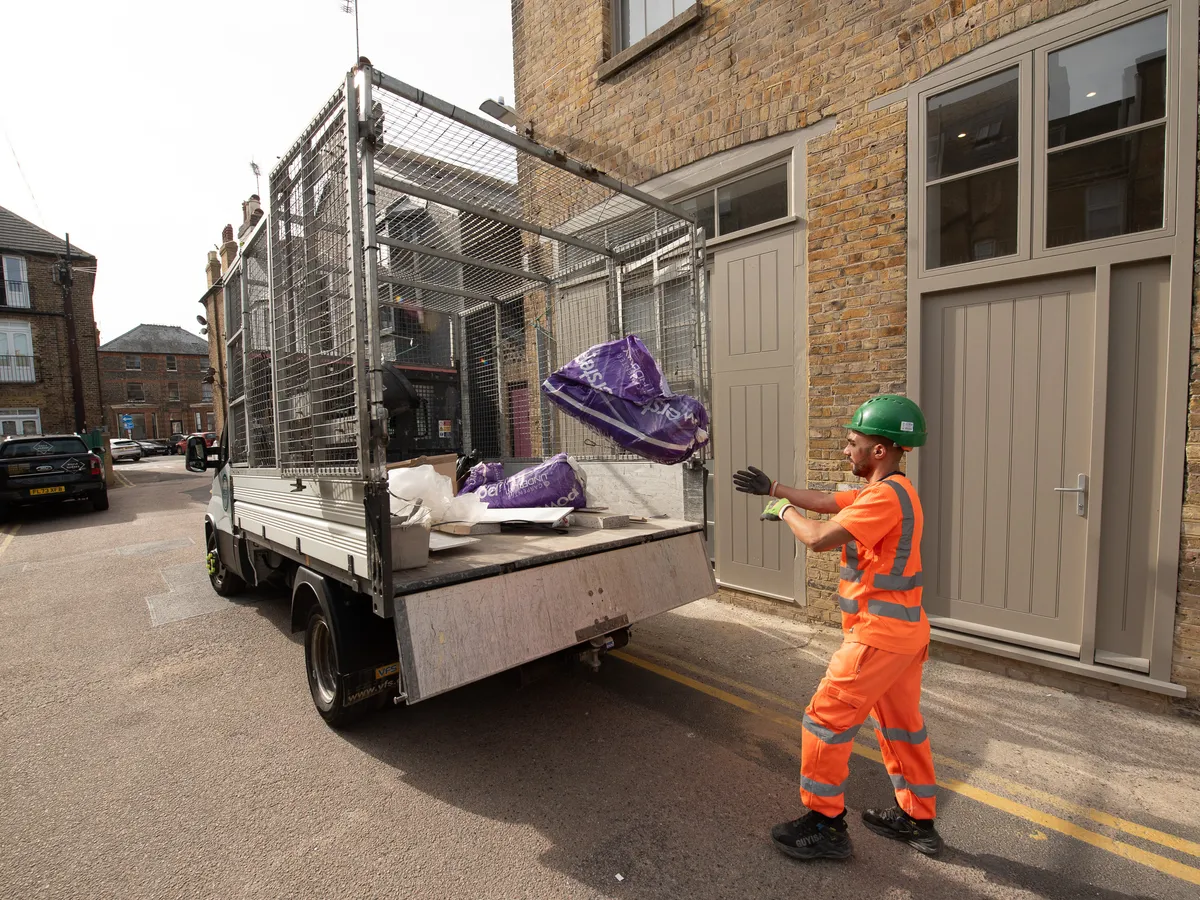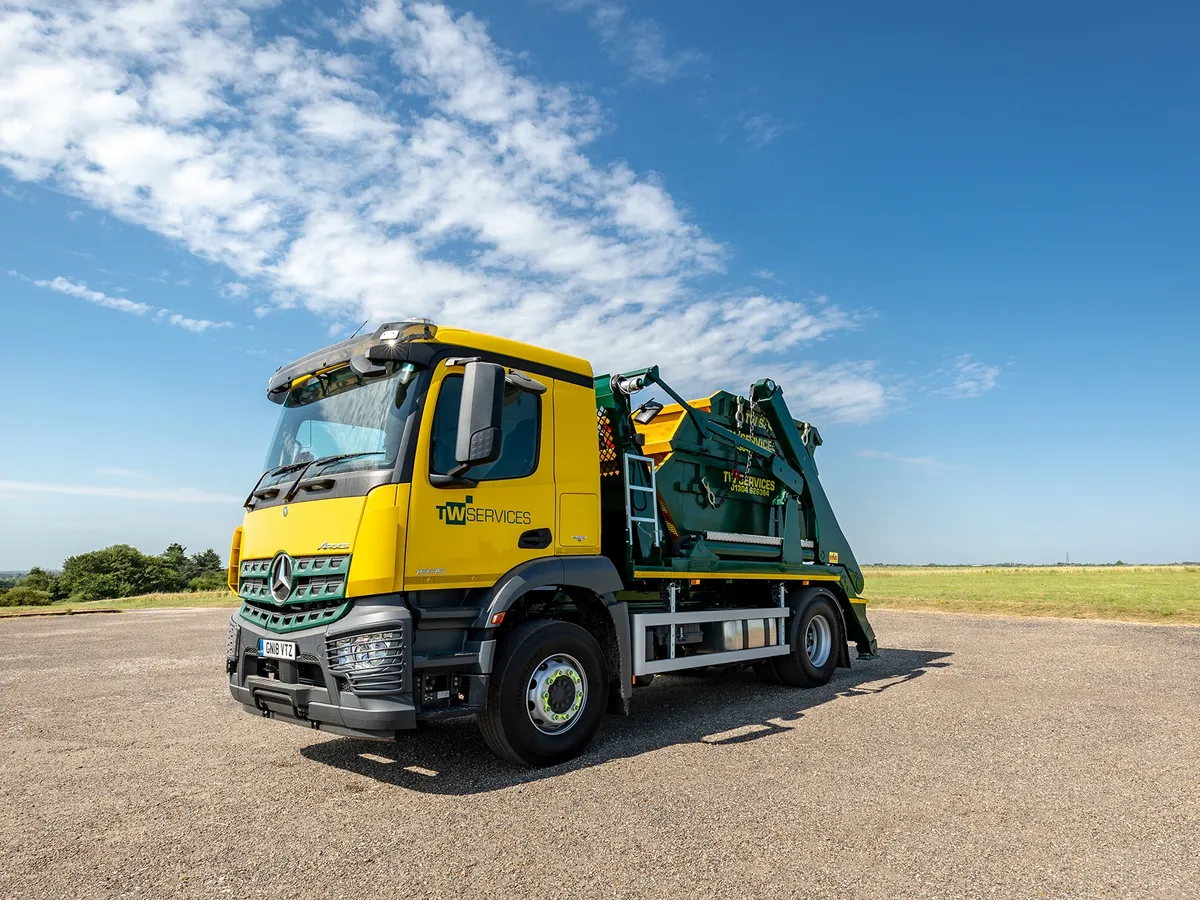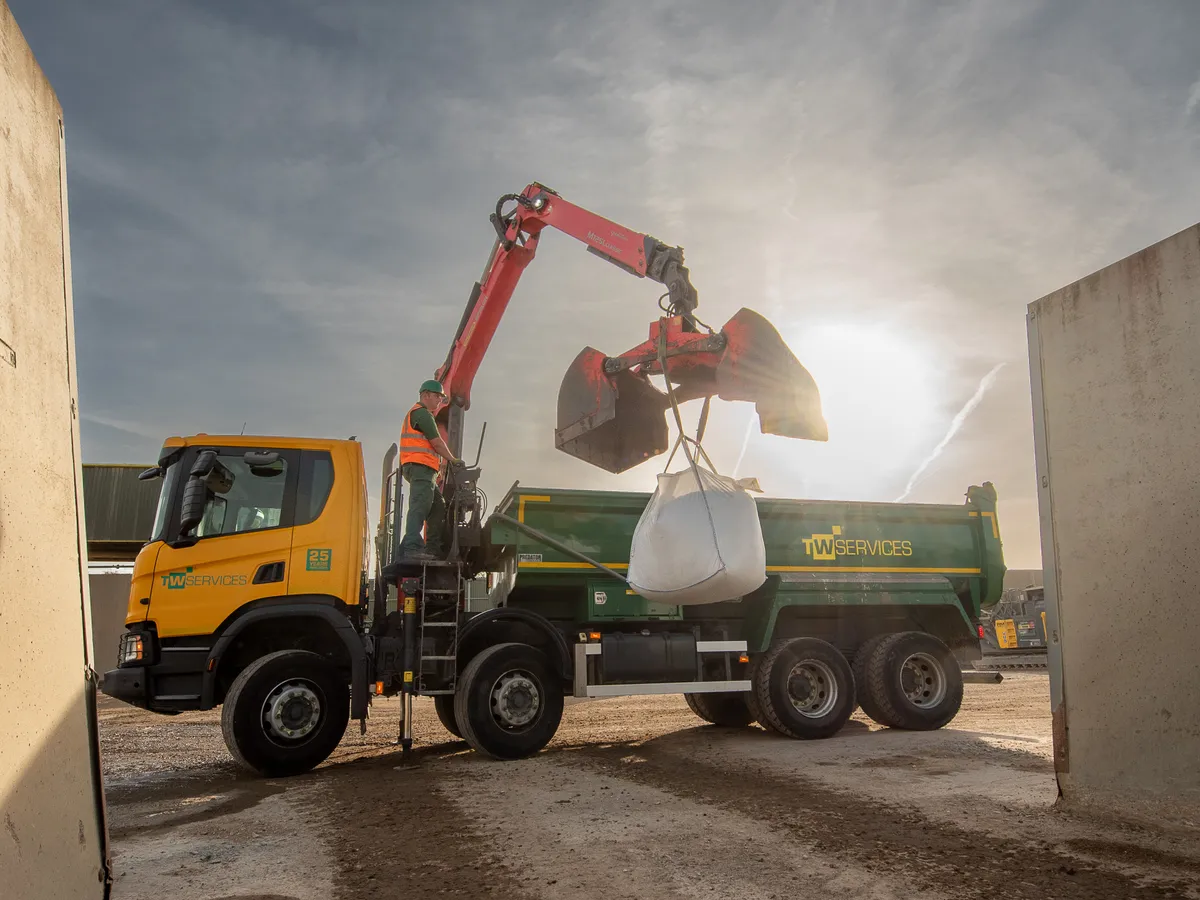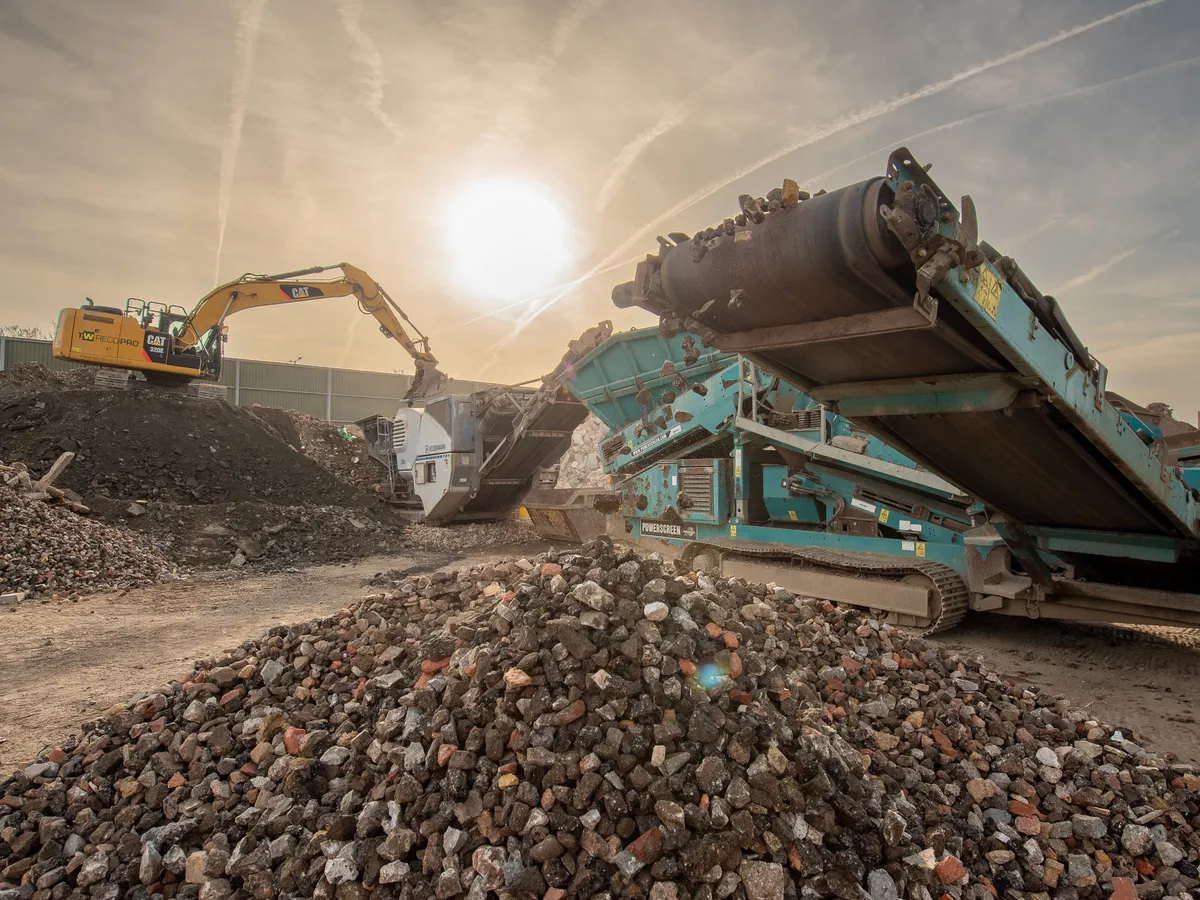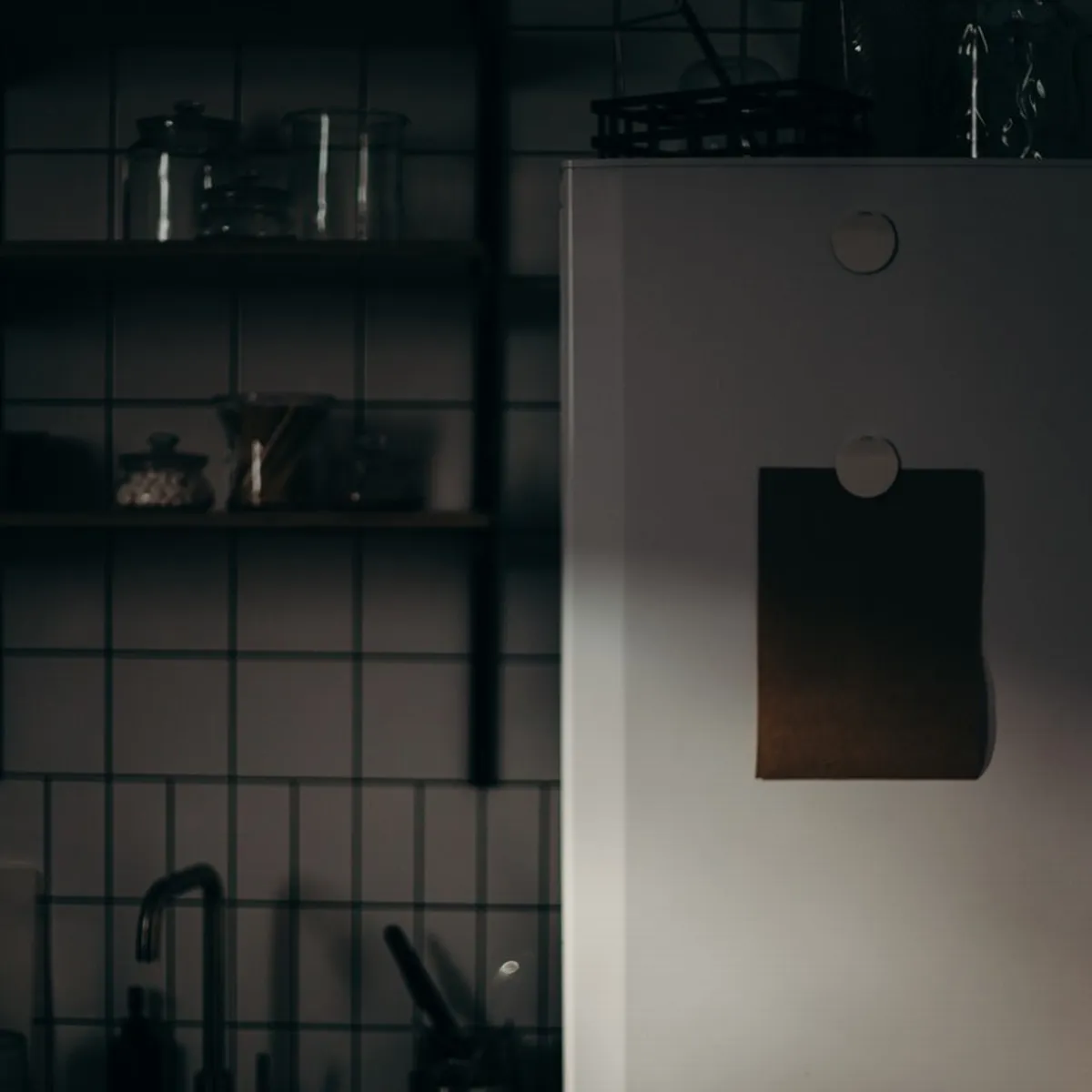
Disposing of a Fridges and Freezers Safely
Has your refrigerator suddenly packed up?
Whether you’ve got your eye on an American-style fridge or a frost-free freezer, you need to think long and hard about what you’ll do with the old one.
Replacing a fridge or freezer doesn’t happen very often, so it’s no surprise people aren’t sure how to go about it. They’re usually large appliances made from various materials that require special attention to dispose of safely – protecting human health and the planet.
Here, the team at TW Services explain everything you need to know about fridge freezer disposal and how we can help.
What type of waste are fridge freezers?
Old and broken fridges are classified as WEEE waste (waste electrical and electronic equipment).
When broken down further, they contain various waste types – ranging from metal and plastic to glass.
It’s worth checking with your household waste recycling centre first, but you can normally take an unwanted drinks fridge or small chest freezer to the local tip in your car. Bear in mind that some recycling centres have restrictions on vans and trailers.
The importance of safe fridge freezer disposal
One of the reasons why fridge freezer disposal is so important is that these appliances contain substances that are hazardous to health.
For instance, mercury can cause DNA damage, harm to the nervous system, skin irritation and headaches.
Polyurethane can affect the eyes, nose and throat – linking to asthma and breathing problems.
Polyvinyl chloride is often associated with dizziness and damage to the internal organs. It can increase cancer risk for those in regular contact with it, too.
How to dispose of a fridge freezer in the UK
Since 2013, the Environment Agency declared that all fridges should be classed as hazardous waste. The main toxic part of a fridge/freezer is the compressor and cooling circuit on the back of the appliance. These must be removed and degassed by trained professionals in order to prevent unnecessary damage to the environment and avoid putting people at risk.
Because of this, fly-tipping a fridge is quite dangerous and could result in a fine or even prosecution.
The proper way to dispose of a fridge that’s broken or unwanted is to take it to a recycling centre or arrange for the old appliance to be collected by a hazardous waste collection service. The same process can be applied to how to dispose of a freezer as many of a freezer’s parts are similar to those found in a fridge.
If you’d like to know more about the fridge freezer UK guidelines, please don’t hesitate to get in touch.
Old fridge and freezer collection
If your fridge is still in working order, you might be wondering what you can do to get rid of it.
Instead of taking it to the local tip and letting a perfectly usable appliance go to waste, why not advertise it on Facebook Marketplace? Upload some good-quality photos of the fridge (both inside and outside) and try to be as descriptive as possible about the make and model and why you’re selling or getting rid of it.
Or perhaps you could take advantage of your local council’s bulky waste collection service?
Council collections are low-cost but, depending on their availability, you could be waiting for a couple of weeks. Not ideal if you’ve ordered a new fridge or freezer and it’s due to be delivered in the next few days. Council workers are also not permitted to enter your property, so you will need to leave it outside on the day of collection.
Alternatively, if your fridge or freezer is broken, as part of our domestic rubbish clearance service, we can arrange a convenient time and date to take it off your hands – freeing up space for the new one and giving you one less thing to worry about.
As well as helping homeowners with fridge freezer disposal, TW Services provides a commercial hazardous and specialist waste service, whereby we will collect multiple fridge freezers from commercial buildings and blocks of flats. We’ll assess the number of items and waste types you need us to collect and offer a fair price. You may need to move the items to a designated spot that is easy to access beforehand, which will be confirmed before the removal date.
Can you put a fridge in a skip?
As a skip hire company, we regularly get asked the question: Can you put fridges in skips?
Although this would make life a whole lot easier for you, especially when doing home renovations, this is not allowed. In fact, you can’t put just anything in a skip. It’s important to ensure your skip is free from hazardous waste (which includes white goods such as fridges, freezers and washing machines), as well as fluorescent bulbs, plasterboard, asbestos, medical waste, tyres, and gas cylinders.
What happens after a fridge or freezer is taken away?
By law, fridge freezers in the UK must be disposed of in an environmentally friendly way by approved contractors.
When these large appliances reach the recycling centre, they are thoroughly checked to ensure they cannot be reused.
Once this has been confirmed, the fridge freezer is carefully broken down into pieces, making sure that any harmful gases and elements remain contained and don’t cause danger to workers.
Individual parts like the motor, plastics, metals and foams are removed and recycled separately.
How much does fridge freezer disposal near me cost?
There’s no charge to dispose of your old appliance if you can take it to the tip or recycling centre yourself and they accept hazardous materials.
However, if you have to arrange for collection – either from our specialist team or your local council – you will pay a fee.
In most cases, the cost to get rid of an old fridge or freezer will vary depending on the size of the appliance, how accessible (and easy) it is to move and the urgency of the job.
Here at TW Services, our in-house experts can assess the classification of your waste items and arrange safe responsible removal under the EWC (European Waste Catalogue) code of practice.
To request a free, no-obligation quote and get started, give us a call on 01304 626 364.
